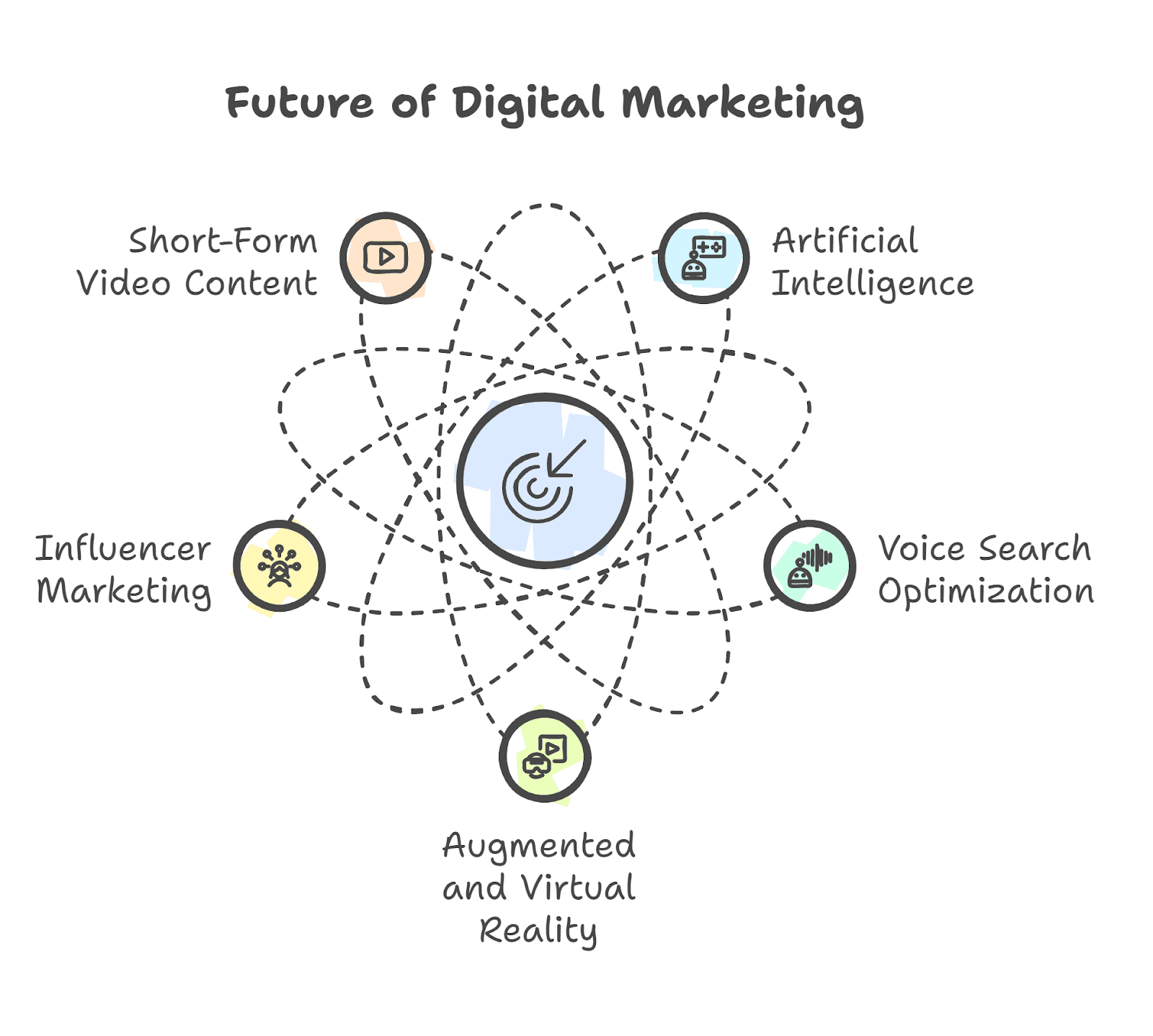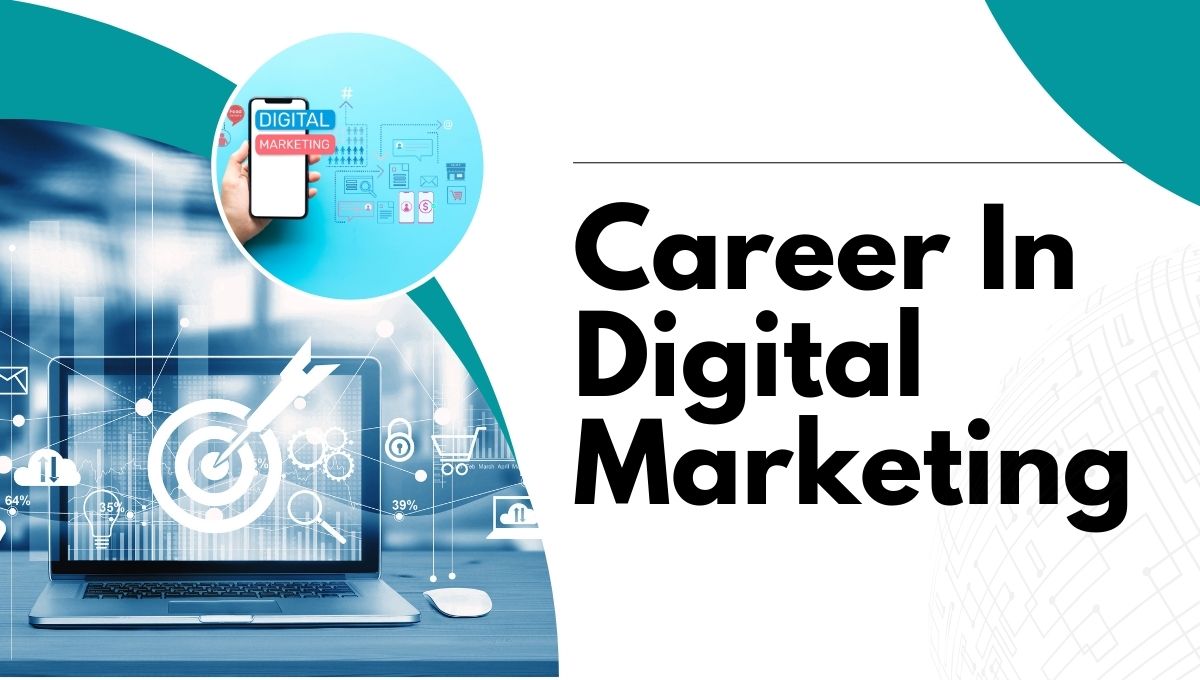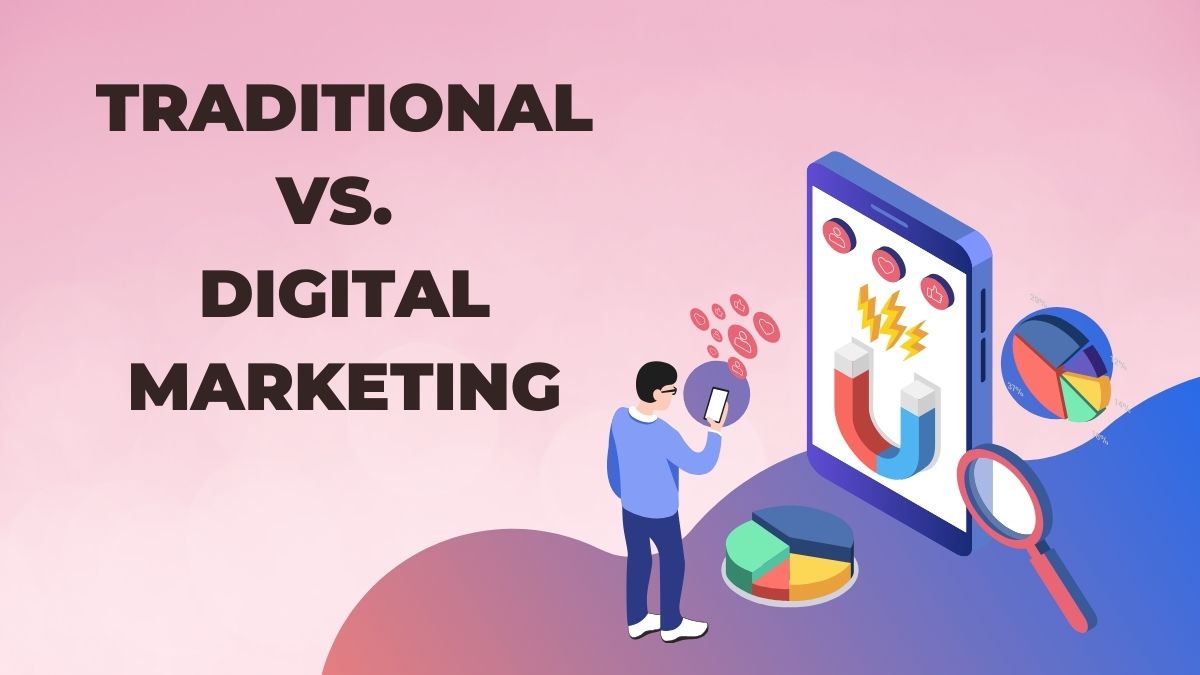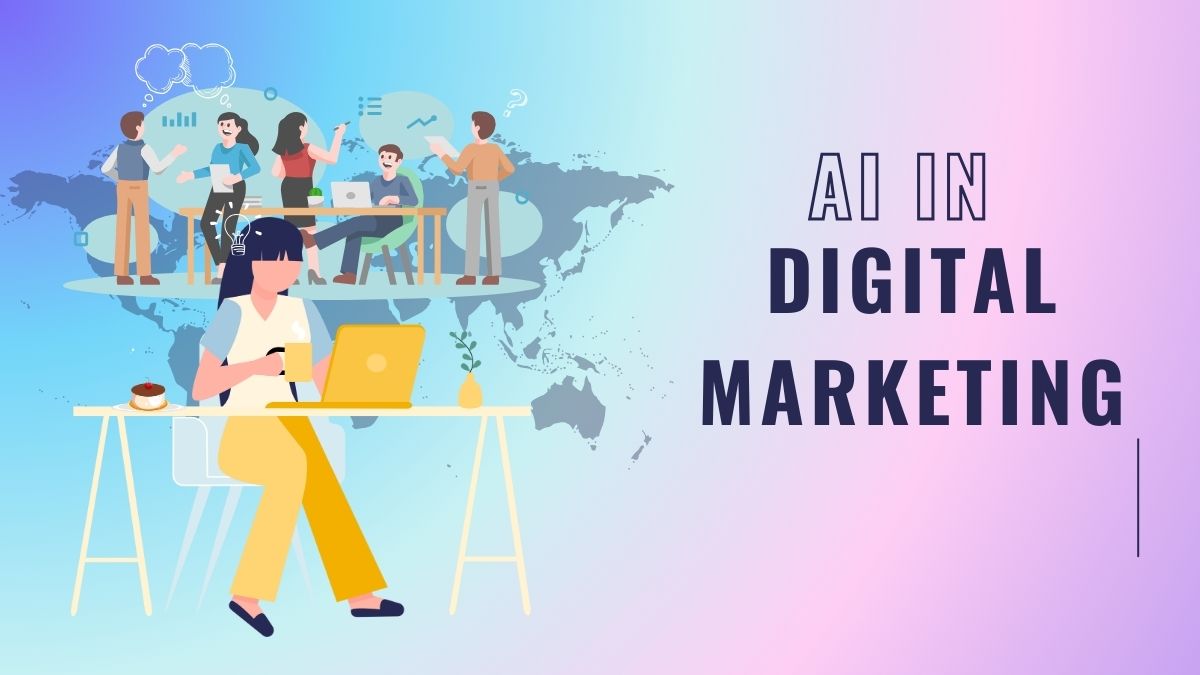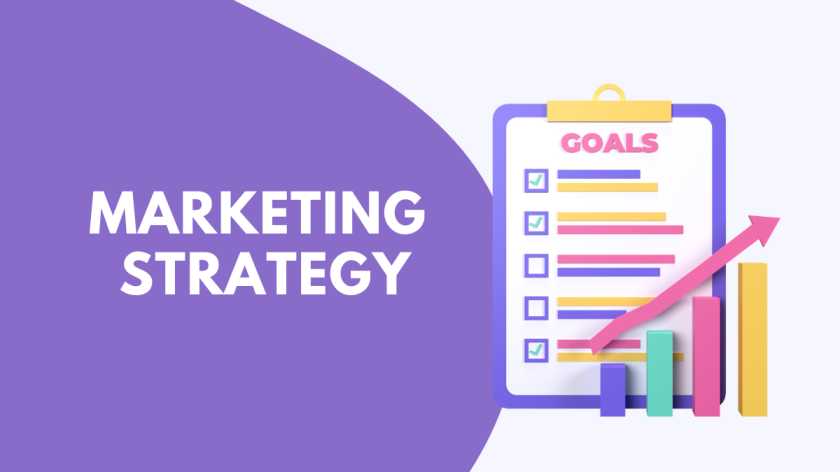Digital marketing is a high-demand career field, with organizations all over the globe moving away from conventional marketing towards online markets. Whether it’s to gain new employment, increase skills, or move to a high-revenue digital marketing position, developing must-have digital marketing skills, advanced digital marketing skills, and digital marketing technical skills is important.
Must-have digital marketing skills include SEO, content marketing, social media marketing, paid media, and analytics. But if they have to differentiate themselves from the competition, the specialists must achieve advanced digital marketing skills in the shape of conversion rate optimization (CRO), AI marketing, and automation tools.
Today, we’re going to break down what digital marketing technical skills you need in order to succeed are, examine some of the longest-standing trends in digital marketing, and why best digital marketing courses like the MyCaptain Digital Marketing Course with Job Assurance are the key to a successful career in this ever-changing field.
Let’s get in and discover what are the skills you need to become a fantastic digital marketer!
1. Core Skills Needed for Digital Marketing
1.1 Search Engine Optimization (SEO)
SEO is the focal point of digital marketing, and it directs brands to more organic traffic and better search rank. SEO skills include:
- Keyword research and optimization
- On-page SEO (meta tags, titles, internal linking)
- Off-page SEO (backlink building, guest blogging)
- Technical SEO (mobile usability, site speed)
- SEO analysis (Ahrefs, Google Search Console, SEMrush)
These are some skills that you will most-probably develop through studying the course modules.
1.2 Content Marketing
Content is digital marketing’s blood. Being able to create top-notch, appealing, and SEO-optimised content is foremost.
- Blog article writing & narrative storytelling
- Creation of video content
- Email newsletter & marketing
- Whitepapers and case studies
- Content repurposing across different channels
1.3 Social Media Marketing
Social media is a goldmine plain and simple for connecting with your target audience and establishing your brand. In order to be able to succeed, digital marketers must possess:
- Mastering Facebook, Instagram, LinkedIn, Twitter, TikTok
- Content scheduling & planning tools (Hootsuite, Buffer)
- Social media metrics & performance
- Influencer marketing campaigns
- Customer care & community
1.4 Pay-Per-Click (PPC) Advertising & Google Ads
Businesses can grow at light speed with pay-per-click marketing and put the right audience in front of their service or product. Skills one needs to master PPC are:
- Google Ads, Facebook Ads, LinkedIn Ads
- Understanding bidding strategy
- A/B testing & ad optimization
- Retargeting & conversion tracking
- ROI measurement & reporting
1.5 Email Marketing & Automation
One of the most profitable digital marketing mediums is email marketing. Skills one needs to acquire are:
- Writing amazing email copy
- Segmentation & personalization strategies
- Automation workflow (Mailchimp, HubSpot)
- A/B content & subject line testing
- Lead nurturing campaigns
2. Must-Have Digital Marketing Skills for 2024
2.1 Data Analytics & Performance Tracking
A data-driven digital marketer. Key analytics skills are:
- Google Tag Manager & Google Analytics
- Reading website traffic & audience behaviour
- Conversion tracking & attribution modeling
- Heatmaps & session recordings (Hotjar, Crazy Egg)
- Utilizing AI insights to optimize campaigns
2.2 Conversion Rate Optimization (CRO)
CRO is simply turning website traffic into paying customers. Major CRO skills are:
- A/B testing of landing pages
- CTA & UX optimization
- Heatmap analysis & behavior tracking
- Funnel optimization techniques
2.3 Marketing Automation & AI-Driven Marketing
Digital marketing is changing with AI, and marketers need to be mindful of:
- AI chatbots & automation tools
- Predictive analytics & machine learning
- Automated content personalization
- Personalized email marketing & customer segmentation
2.4 Video Marketing & Interactive Content
Video content is ruling 2024 digital marketing. Digital marketers need to be excellent at:
- Scripting & video storytelling
- Instagram Reels & YouTube marketing
- Live streaming & interactive content
- Video SEO & audience engagement
3. Advanced Digital Marketing Skills for Career Growth
3.1 Growth Hacking & Viral Marketing
Growth hacking is the most rewarding skill, which digital marketers need to learn to start businesses at velocity. It encompasses:
- Speed testing of the marketing campaign
- A/B test campaign vs. growth
- Viral content leverage & referral programs
- Development of consumer psychology & user behavior expertise
3.2 Neuromarketing & Behavioral Science
The marketing campaign will become more powerful when decision-makers in a customer’s mind are known. The most important competences are:
- Emotional trigger marketing
- Storytelling & persuasion techniques
- Eye-tracking tests & user psychology
3.3 Blockchain & Web3 Marketing
Web3 & blockchain professionals must learn how to do so when Web3 & blockchain become main-stream adoption:
- NFT & crypto marketing programs
- Decentralized advertising & community building
- Privacy-first marketing methods
4. Digital Marketing Technical Skills You Must Master
You must be technically proficient to be able to maintain rhythm. Technical skills in digital marketing that you have to master are:
- Websites’ personalization with Basic HTML & CSS
- API integration to build automations
- SQL & Big Data analytics to crunch customer database
- Advanced Excel for data tracking
- Python for marketing automation
Tools You Need to Master:
- Google Analytics & Google Tag Manager
- SEMrush, Ahrefs, Moz
- HubSpot & Marketo
- Facebook Business Manager
- Adobe Photoshop & Canva
5. Building a Career in Digital Marketing
5.1 Salary Expectations in Digital Marketing
| Experience Level | Salary (₹ LPA) |
| Entry-Level (0-2 years) | ₹3 LPA – ₹6 LPA |
| Mid-Level (3-5 years) | ₹6 LPA – ₹12 LPA |
| Senior Level (5+ years) | ₹12 LPA+ |
The students are placed at 12 LPA CTC and 10 guaranteed interviews with 1000+ hiring partners through the MyCaptain Digital Marketing Program.
FAQs
1. What are the most important digital marketing skills?
The most important skills are SEO, PPC, content marketing, analysis, and automated tools. They assist the marketers in scheduling campaigns and providing output.
2. How do I acquire basic digital marketing skills?
They can be accessed through web courses, project experience at work, and industry mentorship. MyCaptain Digital Marketing Programme offers placements and experiential learning.
3. Do I need technical digital marketing skills?
Yes, with basic technical knowledge of SEO, site maintenance, analysis, and automations will go a long way in increasing your marketing efficiency.
4. What is my digital marketing salary?
Freshers range between ₹3L-₹6L annual, while experience staff is ₹12L+ based on experience and skillset.
5. Is a digital marketing job a good career choice for 2024?
Yes! The market for digital marketing will expand 12% year-over-year, thus becoming a high-growth career.
Conclusion
One needs to acquire digital marketing skills to become a successful professional. From search engine optimization, content strategy, and pay-per-click advertising to AI-powered automation and data science, one needs to be current.
Want to start your career? Join a structured digital marketing course like MyCaptain’s Digital Marketing Program with Job Assurance, led by professionals, hands-on training, and high-paying job placements.
Want to be a Digital Marketing Master? Apply now for MyCaptain’s Digital Marketing Program.

